
If You Do These 8 Things You Are Slowly Destroying Your Brain
The brain is the most vital organ in the human body, responsible for controlling all bodily functions and enabling thought, memory, and emotion. However, many people unknowingly engage in habits that damage their brain over time. This slow destruction may not be immediately obvious, but it can lead to serious cognitive decline, memory loss, and other neurological issues. If you want to maintain a healthy brain and sharp mind throughout your life, it's essential to recognize and avoid these eight damaging behaviors.
1. Chronic Sleep Deprivation
One of the most harmful habits is not getting enough sleep. The brain uses sleep to clear out toxins and consolidate memories. Consistently sleeping less than six hours a night can impair cognitive functions, reduce memory retention, and increase the risk of neurodegenerative diseases like Alzheimer’s. Prioritize sleep and aim for 7-9 hours per night to support brain health.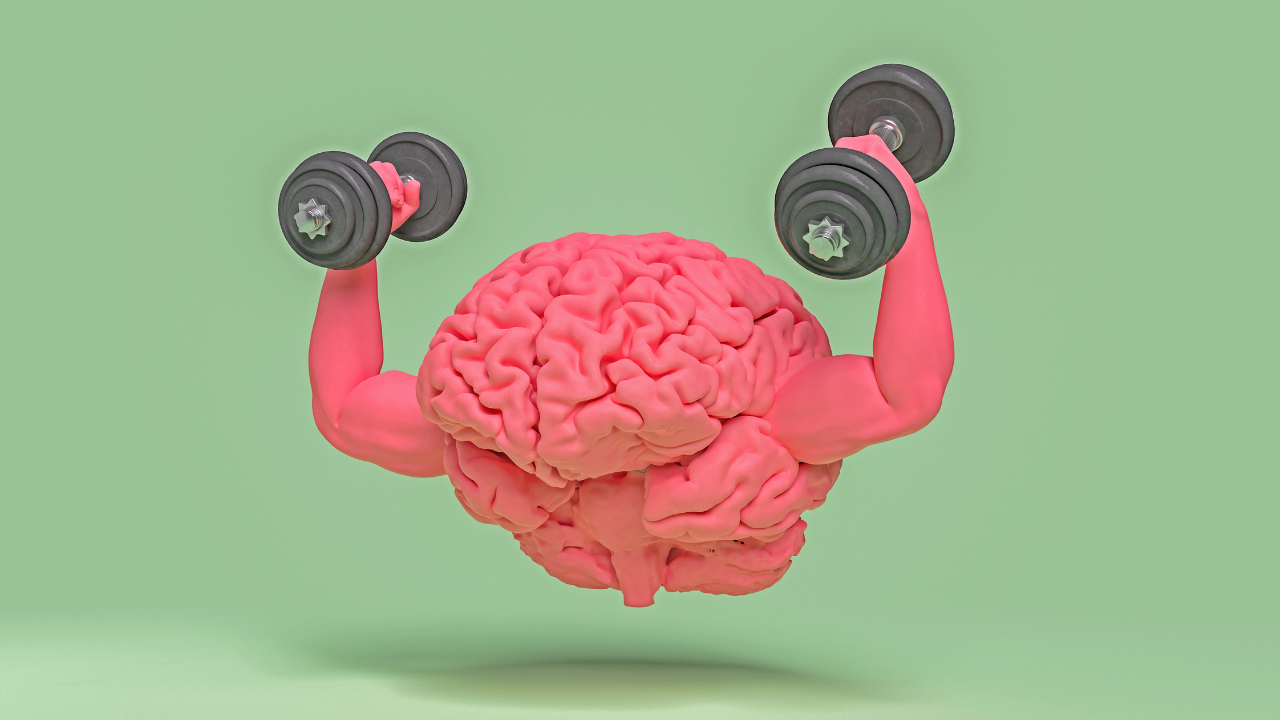
2. Poor Diet
What you eat directly affects your brain’s structure and function. Diets high in processed foods, sugars, and unhealthy fats can promote inflammation and oxidative stress, which harm brain cells. Conversely, a diet rich in antioxidants, omega-3 fatty acids, and vitamins supports brain plasticity and cognitive performance. Avoid excessive junk food and opt for fresh fruits, vegetables, nuts, and fish instead.
3. Sedentary Lifestyle
Physical activity is not just good for the body but also crucial for the brain. Exercise increases blood flow to the brain, stimulates the release of growth factors, and enhances neurogenesis—the creation of new brain cells. A sedentary lifestyle reduces these benefits, potentially accelerating brain aging. Incorporate regular aerobic and strength exercises into your routine.
4. Excessive Stress
Chronic stress elevates cortisol levels, which can damage the hippocampus, the brain region involved in memory and learning. Persistent stress also contributes to inflammation and can worsen mental health disorders such as anxiety and depression. Managing stress through mindfulness, meditation, and relaxation techniques can protect your brain.
5. Substance Abuse
Alcohol, recreational drugs, and even excessive caffeine can have neurotoxic effects. Heavy alcohol use leads to brain shrinkage and cognitive deficits, while drugs can alter brain chemistry and impair judgment, memory, and coordination. Moderation and seeking help for addiction are vital to preserving brain function.
6. Lack of Mental Stimulation
The brain needs challenges and stimulation to stay sharp. Engaging in repetitive or passive activities without learning new skills or solving problems can weaken neural connections. Reading, puzzles, learning new languages, or playing musical instruments can promote cognitive reserve and delay brain decline.
7. Social Isolation
Humans are social beings, and social interaction plays a key role in mental health. Isolation can increase the risk of dementia and depression, while meaningful relationships stimulate brain regions involved in emotion and cognition. Make efforts to build and maintain social connections for brain vitality.
8. Ignoring Medical Conditions
Certain health conditions like hypertension, diabetes, and high cholesterol, if left untreated, can harm brain blood vessels and lead to cognitive impairment. Regular medical checkups and proper management of chronic diseases are essential to protect brain health.
In conclusion, the brain is delicate and requires conscious care. Avoiding these eight destructive habits—sleep deprivation, poor diet, inactivity, stress, substance abuse, lack of mental challenges, social isolation, and neglecting medical conditions—can help preserve your cognitive abilities and quality of life. Take proactive steps today to nurture your brain for a healthier tomorrow.
News in the same category


How Drinking Bottled Water Could Seriously Impact Your Health

The Unexpected Health Benefits You Get from Massaging Your Feet Often Will Shock You

Insomnia No More! Try This Secret Method to Fall Asleep Fast and Sleep Deep

Symptoms of Vitamin B12 Deficiency

If Your Heart Hurts Suddenly, It Could Be a Warning Sign of These Diseases

Study Confirms: Your Morning Coffee Boosts Happiness

The Science Behind Resilience: How the Brain Rewires After A Setback
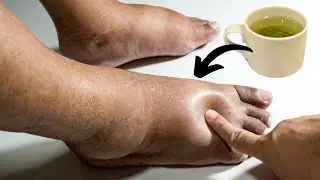
Swollen Legs, Ankles and Feet: Causes and Proven Remedies (Including Parsley Tea Recipe)

We Tested Dozens of Workout Leggings — These 11 Were the Best
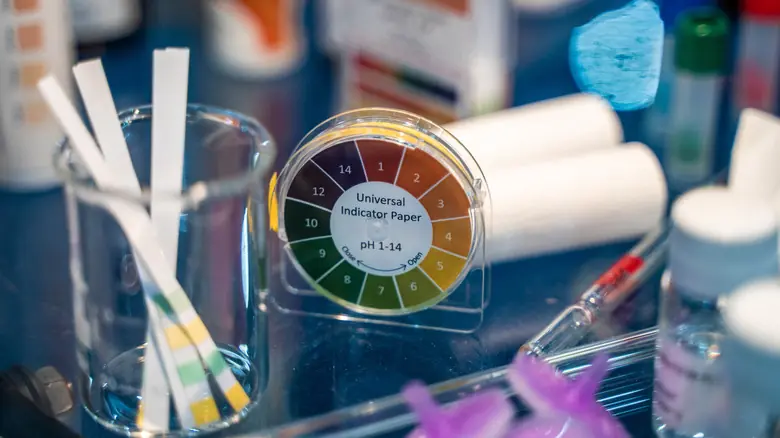
pH Balance and Your Health: What the Science Says About Acidosis and Alkalizing Your Body

5 Best Foods for Alopecia

The Anti-Cancer Diet: Cancer Fighting Foods to Help Prevent Cancer (Evidence Based)
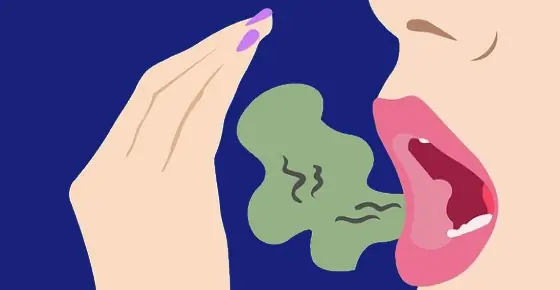
How to Get Rid of Bad Breath (Halitosis): Scientifically Proven Home Remedies

Which Antiplatelet Works Better in Impaired Renal Function?

Debate Over? Radiotherapy vs Surgery in High-Risk Prostate Cancer
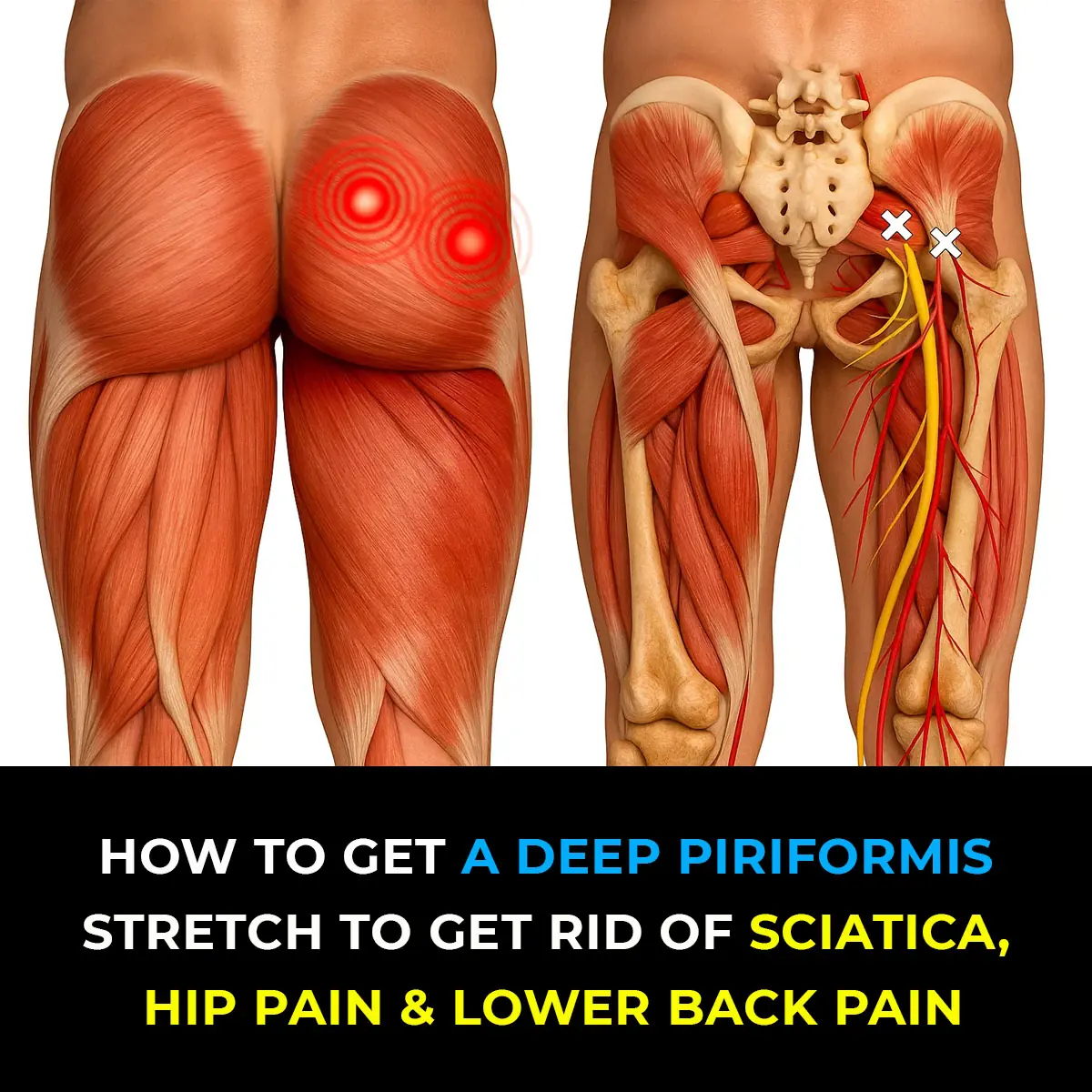
Powerful Piriformis Stretch to Soothe Sciatic, Hip, and Lower Back Pain

Schamroth Window Test May Reveal if You Have Finger Clubbing
News Post

'Hostile' comet aimed at Earth could obliterate the world's economy 'overnight' if it hits

Iconic movie sequel delayed until 2027 after online sleuths 'guessed the plot'

Wooden Cutting Board Got Black Mold? Skip the Soap—Do This 5-Minute Reset

Don’t Use Plain Water for Flower Arrangements

When Boiling Sweet Potatoes, Don’t Use Plain Water—Add a Spoonful of This for Softer, Sweeter Results

Don’t Thaw Fish by Putting It in Water

Don’t Clean Your Bathroom Mirror with Plain Water

The Correct Way to Add Detergent and Fabric Softener to Your Washing Machine

Don’t Throw Away Rice Washing Water: 6 Smart Uses That Can Save Serious Money

Don’t Sleep With Your Pets

How to Store Fish and Meat in the Refrigerator: Shop Less, Keep Food Fresh All Month

How many eggs should you eat a week?
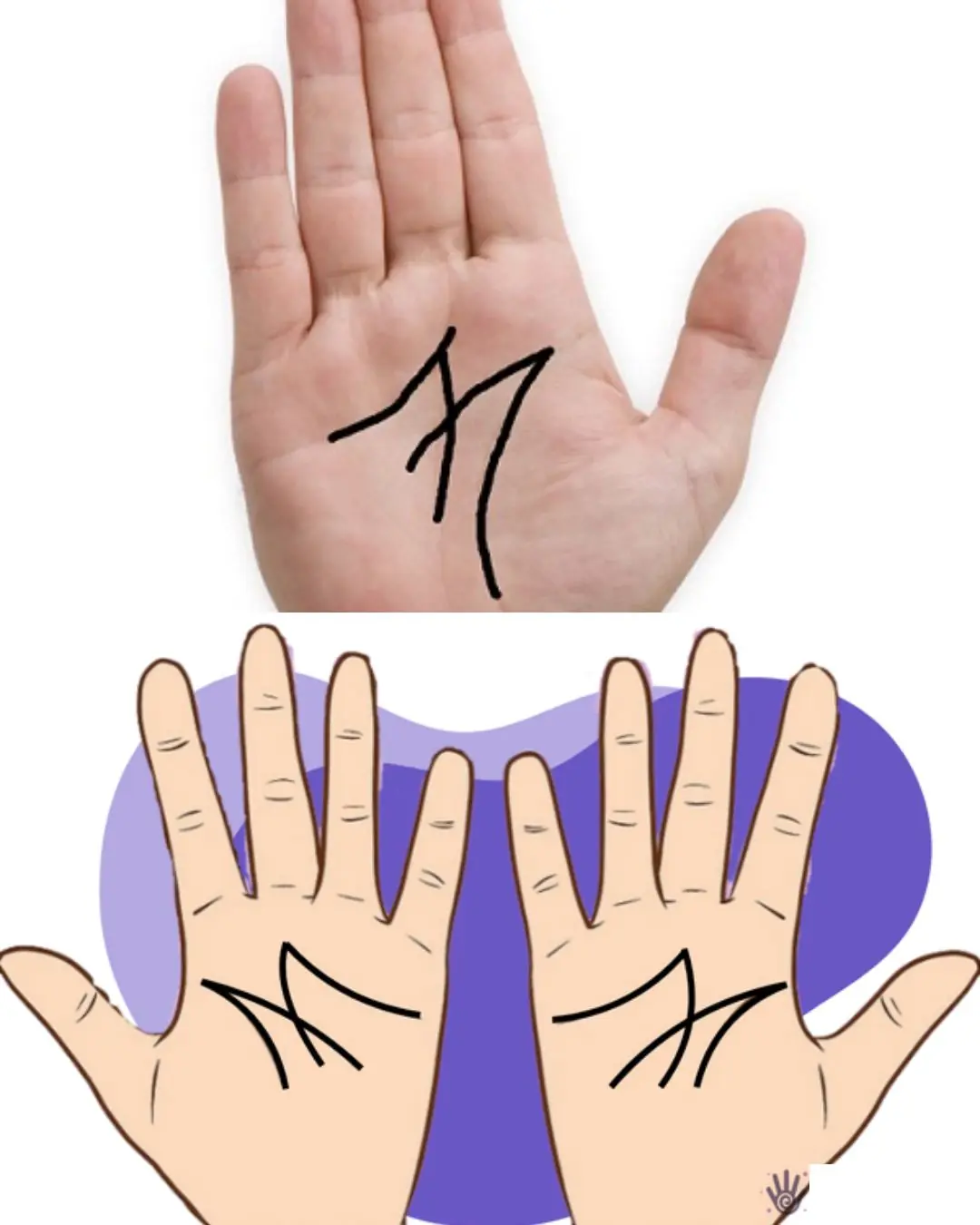
The Secret Meaning of the Letter “M” on Your Palm

The Remarkable Journey of Tru Beare, Who Was Born Weighing Only One Pound

How Drinking Bottled Water Could Seriously Impact Your Health

The Unexpected Health Benefits You Get from Massaging Your Feet Often Will Shock You

Researchers Create Injectable Hydrogel to Boost Bone Strength

If You Have Moles on This Part of Your Body
